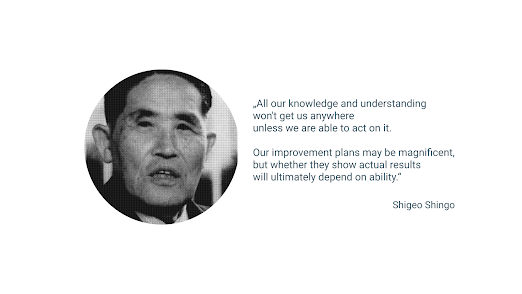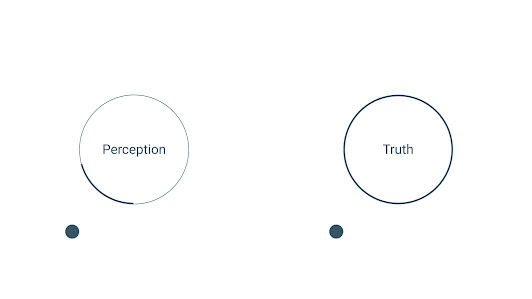L1: Language matters
The most important learning on my LEAN journey is not about the LEAN at all.
When I
started to discover the real business world - just after University- I attended
one Leadership training. It was that kind of „tasting” training, which consulting companies
do to attract people. I guess companies do it hoping people will buy a complete
training. So, I did not expect much from it - and as you might guess - I also
did not want to buy the training afterward. However, there is one learning that
stuck with me for all those years. The learning worth more than the learnings I
gather from many complete trainings I paid for.
The trainer at one point said that the most essential tool of a successful leader is a dictionary. Not a translation dictionary, but a dictionary in one’s language. Weird, right? It seemed to me be weird at that time. Oddly, I kept reminding myself year after year without understanding why it was so crucial. Recently, I found out why.
The paradox
is that I realized that at another training. The trainer was bad. She did not
know what she was speaking about. She was repeating memorized sentences. Yes,
the sentences sounded professional and exciting but with no meaning. In one sentence,
she was able to refer to culture, strategy, vision as the same thing, replacing
one word for another. That caught my attention. Because I realized I did it
myself.
For several
years I used words; I thought I understood them. In theory, but when it came to
applying them into practice. I failed. I got the assignment to create a
strategy, coach people, prepare a development plan, apply LEAN thinking, develop
a sustainable culture of continuous improvement… But what do those words really
mean? Strategy, coaching, plan, LEAN, sustainability, culture, continuous improvement.
We use those words daily; we use them with the confidence of describing the fruit
we eat. We speak about the LEAN like a lemon, assuming that everyone sees LEAN as
a lemon.
Therefore,
my first learning is that language matter. I need to be sure that I know what I
speak about and that the people I speak with have the same understanding.
We need
to be critics to see things clearly. The dictionary is a meaningful starting point
- to get confidence in our criticism.
Marek.




Comments
Post a Comment